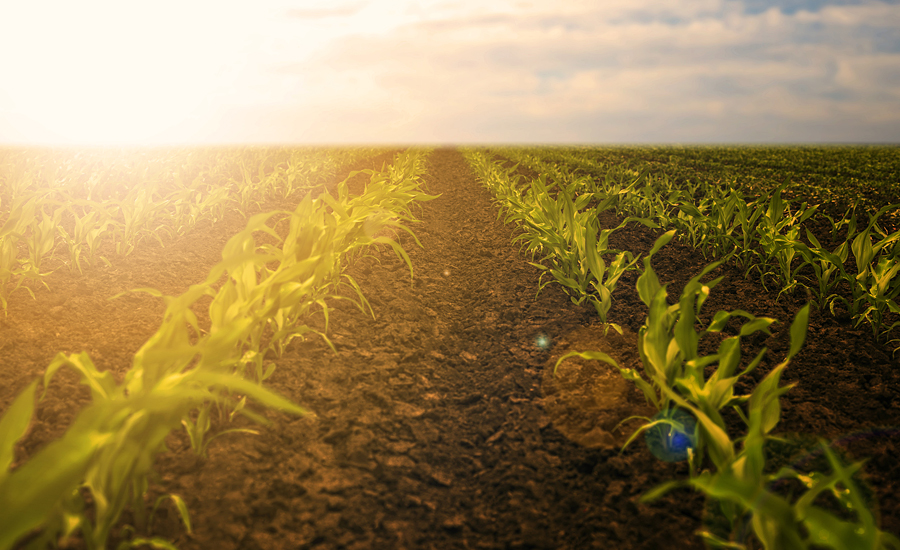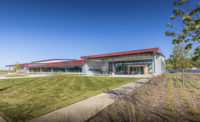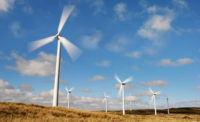SunSelect utilizes AI technology to improve crop growing methods
Motorleaf’s yield prediction system is built upon crop data—such as variety of tomato, density, etc.—and environmental data—such as light levels, temperature and C02.

SunSelect, a Canada-based division of the Oppenheimer Group, grows different varieties of tomatoes and peppers in approximately 70 acres under glass in California. Of those 70 acres, about 40 are dedicated to tomatoes. SunSelect is said to produce the only carbon-neutral produce in North America, and constantly working to develop new ways to improve growing methods and technology.
The challenge
Like most large greenhouse vegetable growers, Victor Krahn, co-owner, and his team struggled to match their supply and demand dynamics to produce consistent, predictable crops for retailers.
“The relationship with our retailers is very valuable,” he adds. “We want to make sure we keep our promise to deliver during different seasons. When we’re under- or over-producing, it makes it much harder to deliver on these promises, as our buyers then might have to look elsewhere to fill an order. By the same token, if we have sold only a certain amount, and then because of bad forecasting, suddenly end up overproducing, we’re going to take a hit just to flush our tomatoes through the market in order to keep our greenhouse going. At that point, we’re selling for whatever we can get for them, and we’re losing out.”
Faced with the concern of under- or over-producing, Krahn approached Motorleaf, Canada, to improve SunSelect’s operations. With the millions of data points he had been collecting over the last 10 years, along with new data that Motorleaf could capture, Krahn wondered if there was a way to receive more accurate yield predictions.
“I’ve already put all the energy into my crop, so the last million bucks is the closest thing to my pocket. We know that at about 20% off the mark, our consultants are pretty good at their job, yet we’re often off by over 20%,” he says.
The Motorleaf solution
Motorleaf’s yield prediction system is built upon crop data—such as variety of tomato, density, etc.—and environmental data—such as light levels, temperature and C02. This is combined with visual data captured by several cameras deployed in the greenhouse. Finally, Motorleaf's hardware adds additional data not normally collected by greenhouses, such as RGB light spectrum.
With this information, Motorleaf created a unique machine learning algorithm for SunSelect. Based on an ever-increasing amount of data captured week-by-week, the prediction generated by the system improved each week. This improvement in the algorithm’s ability to address problems and predict outcomes is what makes the machine learning algorithms for yield prediction a unique system in the greenhouse growing industry.
“The latest algorithm is close to cutting our yield prediction error rates by half. It goes without saying, it's a game changer that no one saw coming. Motorleaf is now our new standard for predicting yield,” Krahn says.
Ongoing support
Today, Motorleaf continues to provide SunSelect with weekly yield predictions for their tomato plants. And, because of the nature of machine learning algorithms, these predictions learn about SunSelect’s unique environment and improve overtime.
Looking for a reprint of this article?
From high-res PDFs to custom plaques, order your copy today!









